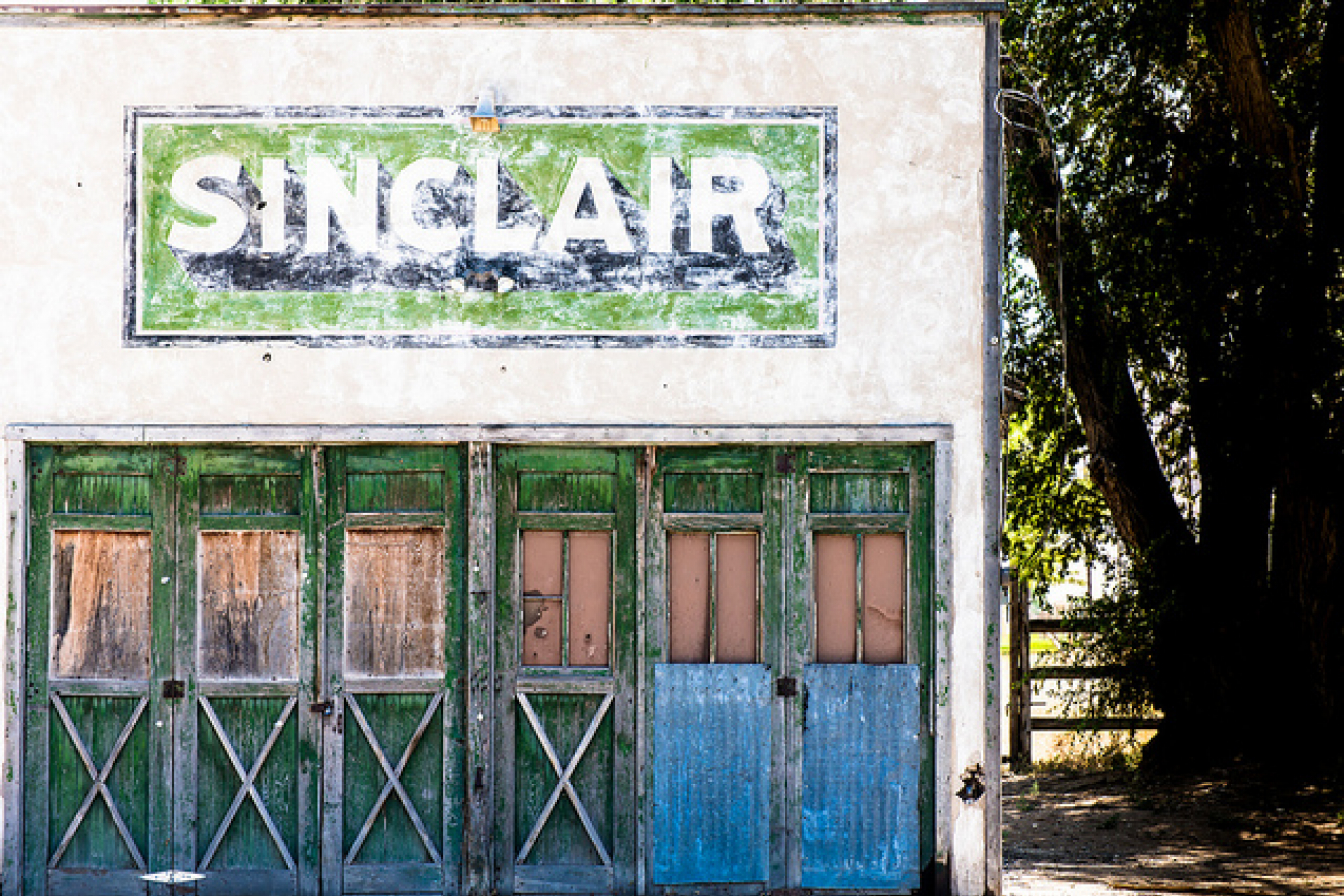A group of US senators has released the draft Border Security, Economic Opportunity and Immigration Modernization Act of 2013 (The Act). The Act was drafted by the Gang of Eight; a group of eight senators, four Republicans and four Democrats, and contains proposals for comprehensive reform of the entire US immigration system.
This report deals with the proposals for changes to the system of temporary work visas for skilled workers. The main temporary work visas that are available for professional and management level staff who want to work in the US are the H-1B 'specialty occupation' visa and the L-1 intra company transfer visa.
The US's H-1B visa is a temporary work visa for graduate level workers. A US employer will apply for an H-1B visa to enable it to employ a foreign worker in a 'specialty occupation'. The visas last for an initial period of three years and can be renewed, usually to a maximum of six years.
Base cap currently at 65,000
There is a cap on the number of H-1B visas that can be issued to graduates with bachelor's degrees (or a mixture of training and experience amounting to 'degree equivalence'). This is known as 'the base cap'. The base cap has stood at 65,000 in recent years. A further 20,000 H-1Bs can be granted to graduates with advanced degrees such as master's degrees and doctorates.L-1 visas are for international companies. They allow these employers to bring employees to work in the US providing they are of great value to the company. There are two L-1 visas; the L-1A is a visa for managers which can be extended to up to seven years and the L-1B visa which is for employees with 'specialized knowledge' of the employer's business which lasts for up to five years. There is no cap on L-1 visas.
Proposed changes
Most of the changes in The Act refer to H-1B visas. The changes proposed are as follows:- An increase in the base cap for H-1B visas from 65,000 to 110,000 per year
- The introduction of a system which will see that number rise in years where demand is higher to a maximum number of 180,000. In years of slack demand, the cap will fall. The cap will only ever rise or fall by 10,000 on the previous year's level
- The cap of 20,000 on H-1B visas for those with advanced degrees will be abolished
- The introduction of stricter policing and enforcement of the requirement that H-1B visa holders be paid the prevailing wage for the job.
- Any job will also have to be advertised to Americans at that rate before being offered to a foreign worker
- Spouses of H-1B workers will also be allowed to work in the US
- There will be a new 60-day transition period for H-1B workers to change jobs.
The Act also proposes certain new measures to crack down on 'abuse' of the temporary work visa system. It will require 'H-1B dependent employers' to pay higher fees for their H-1B visas as follows
- The Secretary of Labor must establish a website for advertising jobs. Before a job can be offered to an H-1B worker, it must be advertised on the website for at least 130 days to US workers.
- No employer will be allowed to give preference to H-1B workers over workers who are either US citizens or US permanent residents. Where an employer employs over 50 people and between 30% and 50% of these employees are H-1B or L-1 employees, (L-1 visas are intra-company transfer visas for staff of international organisations who have been transferred to the US) then the company will have to pay an additional $5,000 fee for each new H-1B or L-1 worker it employs. N.B. Staff who have applications for permanent resident visas (or green cards) pending are not included in this percentage figure)
- Where an employer employs over 50 people and over 50% of them are H-1B or L-1 employees, (with no green card petitions pending) then the employer will pay an additional $10,000 fee per extra H-1B or L-1 worker.
- In fiscal year 2014 any company with a US staff which comprises 75% or more H-1B and L-1 workers will be barred from receiving any more H-1B or L-1 visas at all. This ceiling will be reduced to 65% in fiscal year 2015 and 50% in fiscal year 2016.
- A system of prevention, detection and deterrence will be established to deter H-1B and L-1 visa fraud. It is likely that there will be greater checks on employers to ensure that they are paying the correct rate of pay to any H-1B employee and a system of punishments for those that are caught in contravention of the rules.
So far, US tech firms have given a cautious welcome to the bill. However, the large outsourcing firms have yet to comment on the bill. In 2012, 40% of H-1B visas went to the top 10 outsourcing firms in the US such as Cognizant, Infosys and Tata Consulting. It is likely that these will face greatly increased costs as a result of this act, if it becomes law.
Workpermit.com is a specialist visa consultancy with nearly twenty-five years of experience dealing with visa applications. We are OISC registered. We can help with a wide range of visa applications to the UK or your country of choice. Please feel free to contact us for further details.




